
How rich countries and big pharma companies hinder the human right to science
Did you know we all have a right to science? It’s laid out in the Universal Declaration of Human Rights – which turns 75 this year – but rich countries like Switzerland and pharma companies are actively preventing equal access to vaccines and treatments.
The Covid-19 pandemic exposed the failure of rich countries and big pharma companies to distribute vaccines and other instruments to fight the virus evenly all over the world.
Now that the pandemic is no longer top-of-mind for most people, Gavi, the Geneva-based organisation that coordinates access to vaccines for countries in need, has unsuccessfully tried to negotiate a way out of a massive deal with several pharmaceutical companies, such as Moderna and Johnson & Johnson. Gavi shelled out $1.4 billion for the advance payment of doses that are now no longer needed as demand for vaccines is declining.
As soon as vaccines became available, these manufacturers gave priority to rich countries willing to pay more, excluding Gavi from the market, and now they are refusing to refund payments that the organisation has already made, as the New York Timesrecently reportedExternal link. Public health experts have criticised this refusal, saying that vaccine manufacturers are depriving an NGO of money it could use to “do a lot of good”.
Swiss protectionism
All this could have been avoided if access to vaccine patents had been liberalised when they came onto the market. This did not happen, however, mainly due to opposition from rich countries. The US, EU, UK and Switzerland have used the “protection of innovation” argument to justify their resistance.
Switzerland, in particular, was among the countries most opposed to breaking down the patent barrier to allow low-income states access to vaccines and other tools to combat Covid-19 outbreaks. Meanwhile, the government is throwing awayExternal link 14 million unused and expired doses this month.
An unacknowledged right
Science is still not considered a universal right, and big companies and rich countries are partly responsible for this. During a panel discussionExternal link last October at the Geneva Advance Summit of Science and Technology Diplomacy (GESDA), Thomas Zeltner, president of the Swiss UNESCO Commission, said the Swiss government is probably not even aware that there is such a right.
The right to science is defined in the Universal Declaration of Human Rights (Article 27External link) as the right to participate in scientific progress and share in its benefits.
How is the right to science violated or respected in your experience? I’m curious to hear your thoughts – and encourage you to read my in-depth story on the topic:
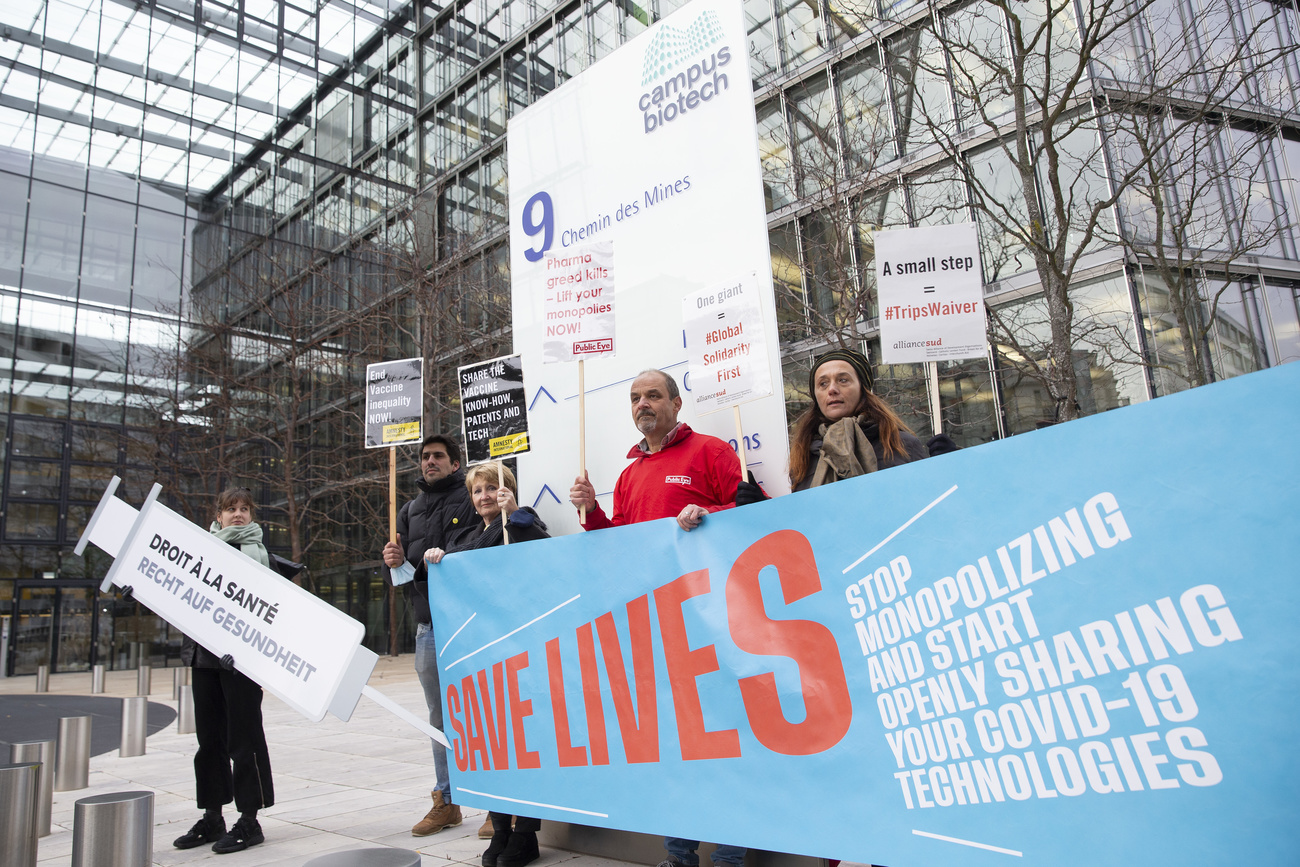
More
How Switzerland works against fair access to science
From our archives, here are more articles on science diplomacy:
SWI swissinfo.ch participated in the GESDA summit and was a media partner.
From cooling the planet with technology to saving heat-resistant corals, these are some of our stories about the intersection of science and diplomacy:
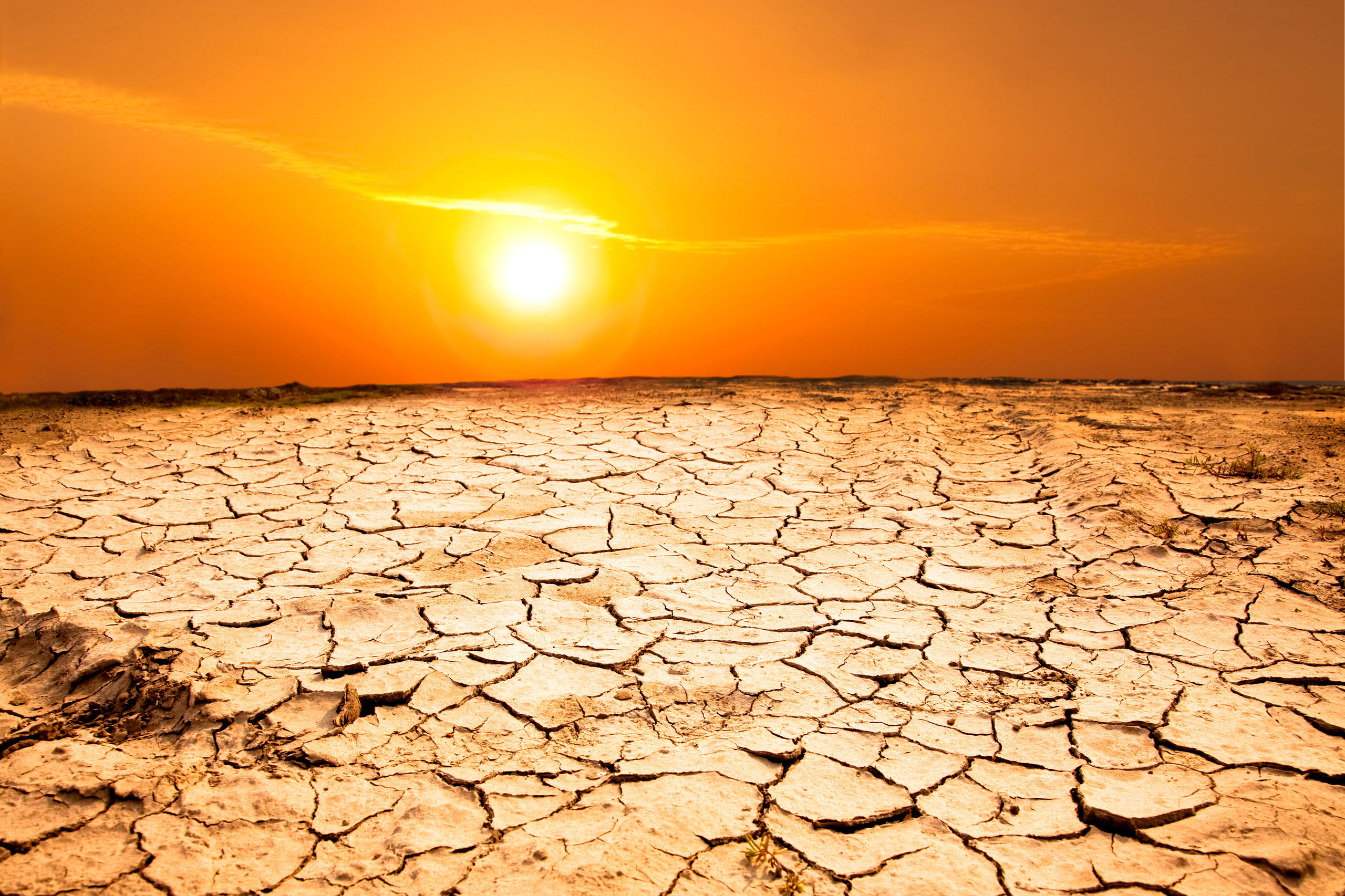
More
Tempting solution: cool the planet artificially

More
Diplomatic ecosystem aims to save Red Sea corals

More
Arctic science collaboration is on thin ice
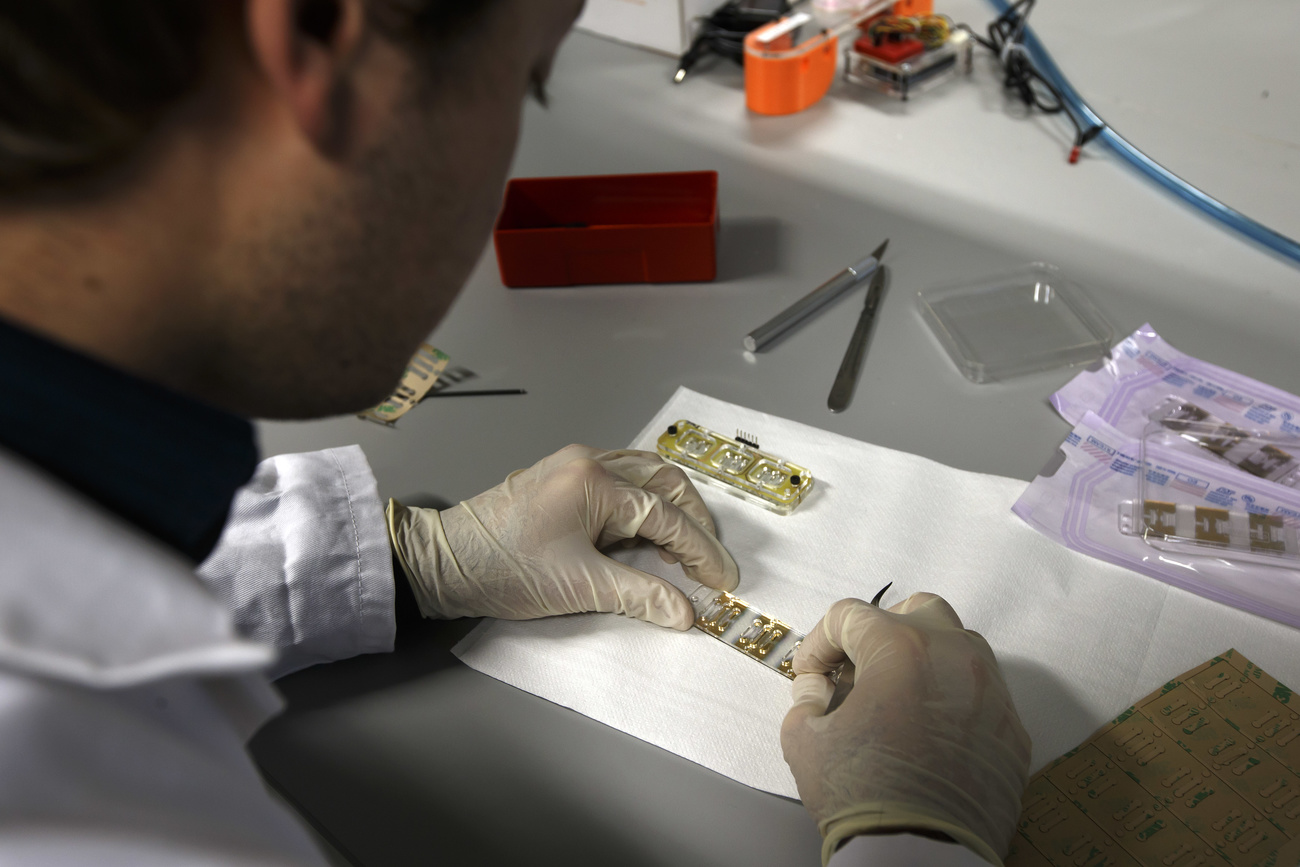
More
Anticipating future technologies for humanity’s well-being

More
What I learnt from Geneva’s new international conference on science diplomacy
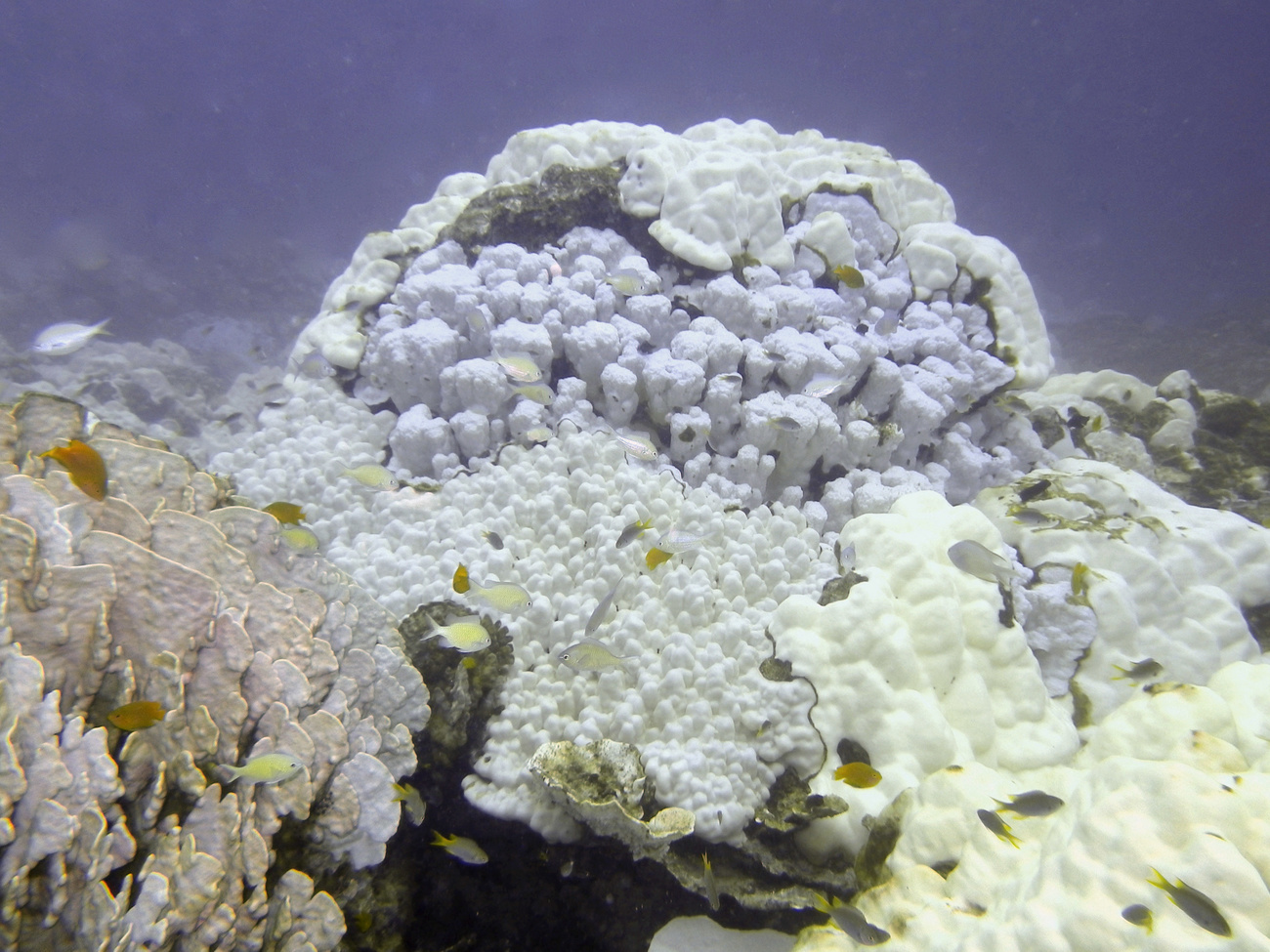
More
‘Scientific diplomacy is a must, not a fad’
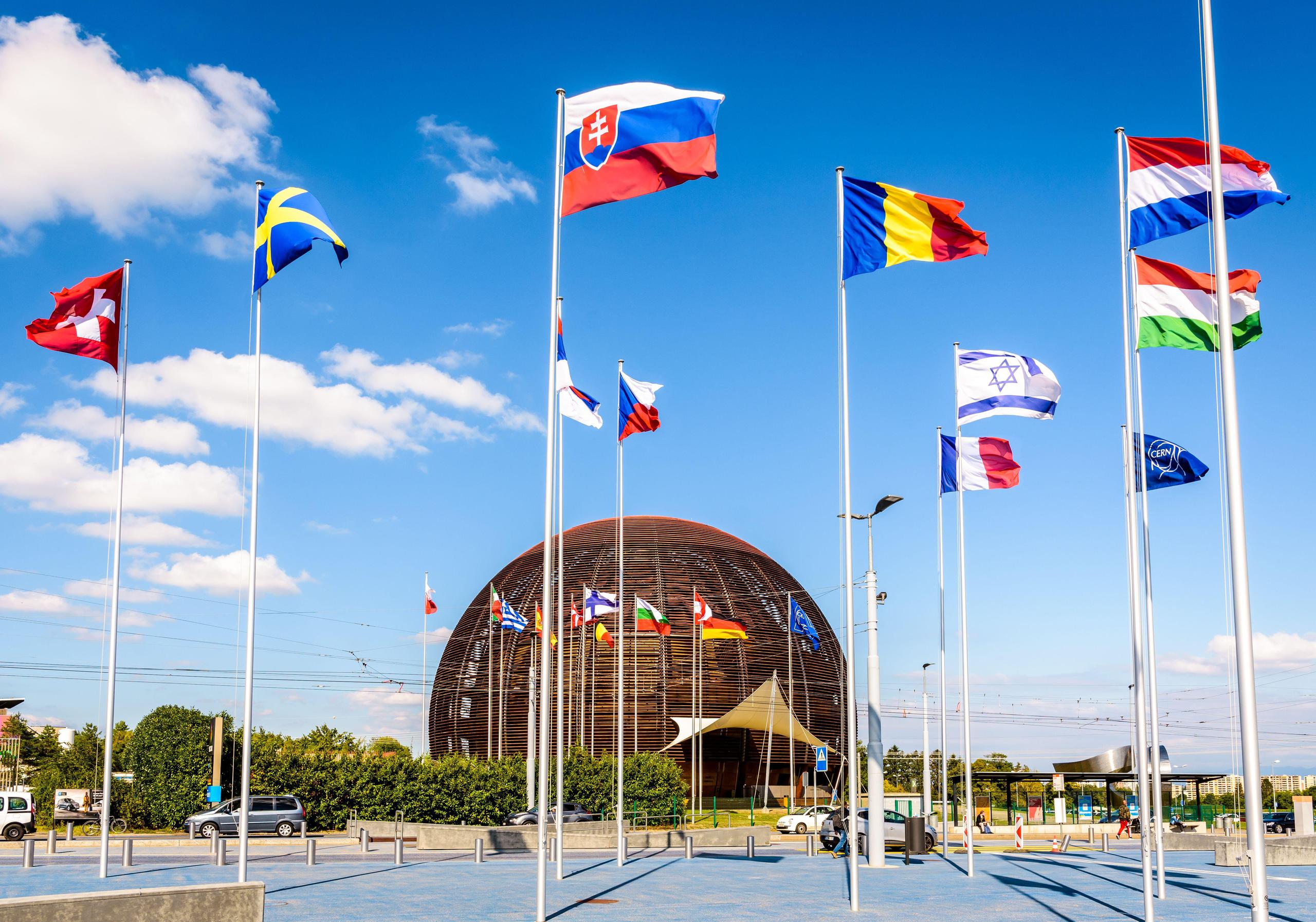
More
Diplomacy and science working hand in hand

In compliance with the JTI standards
More: SWI swissinfo.ch certified by the Journalism Trust Initiative





























You can find an overview of ongoing debates with our journalists here . Please join us!
If you want to start a conversation about a topic raised in this article or want to report factual errors, email us at english@swissinfo.ch.